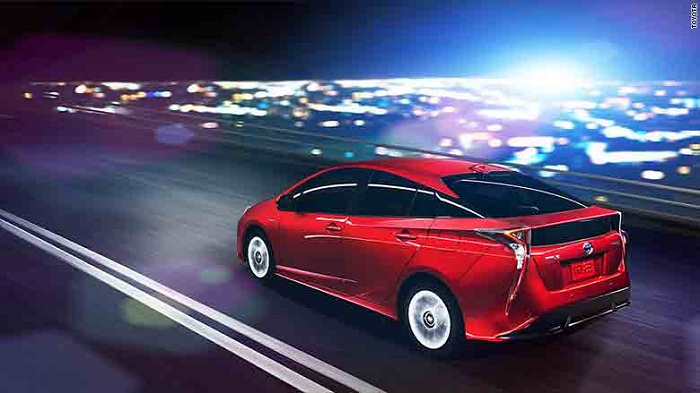Toyota to invest $1 billion into artificial intelligence

The research will likely be used in fully automated cars down the line, but the Institute wants to focus on features that can help drivers avoid crashes, like automated braking, in the near future.
"There are some people who are looking at autonomous driving as the end goal," said John Hanson, a Toyota (TM) spokesperson. "It is definitely off in the future. What we want to do is we want to start saving lives immediately."
The group wants to decrease the turn-around time for getting new automated features from the lab into cars on the road.
"What this model, we hope, will accomplish is to bridge the gap between pure research and product development," said Hanson.
Driverless cars are a hot topic in Silicon Valley. Stanford has teams working on the technology, car companies have innovation centers in the area, and Google`s self-driving car prototypes can be spotted on the streets. Still, fully automated cars won`t be available to consumers for many years.
Toyota has hired Gill Pratt, who led the DARPA Robotics Challenge, to lead the new unit. It will start in 2016 by hiring approximately 200 people across both locations. It hopes to attract top engineers from Stanford and MIT.
While some of its research will be proprietary, the Institute also plans to be part of a collaborative, open AI effort. It will work with startups, other manufactures, research institutes and universities.
"We`re trying to eliminate crashes all together, and that`s a lot to do but we think it`s doable," said Hanson.















































